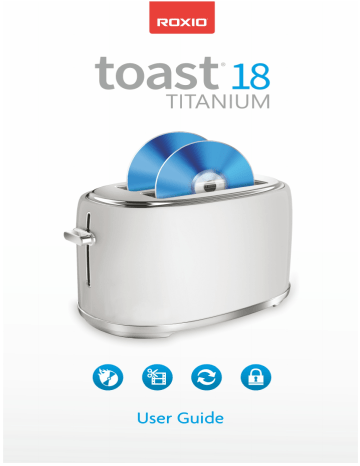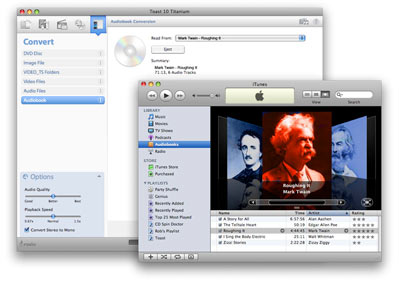

HalcyoOne thing I have noticed, at least on Mac OS X, is that when you are burning a CD using Toast or Jam, if you put AIFF FIles into the CD Track list, it will burn them directly from the original files. My impression is that most cd's are in AIFF format and not wav, right? Behind the scenes, the CD is a big long PCM stream with an index on the front that points to where the tracks start and end (and weak error correction), and the o/s does some sleight-of-hand to make it appear like some generic mass storage.Īs I often repeat ad nauseum, "bits is bits."

On a Mac, the o/s presents audio CDs as AIFF files through some driver magic, but this is just a convenience that the o/s uses in order to pretend that an audio CD is just another file-centric storage medium. For instance, you can stick a timecode stamp on the front of a WAV file (and it becomes a BWV file in the process.) The differences in format are mostly different ways of doing the same thing there are probably capabilities in some formats that aren't available (or at least go unused) on others. When you extract the data from any of those formats, you get exactly the same bits. Convert formats all day, but the information thus encoded (the text in this case) doesn't change. Think of taking a chunk of text and saving it in TextEdit, MS Word, and whatever other text editor you can think of. As such, the formats can be converted back and forth all day because the data itself doesn't change. I think a key issue here is that people are confusing the data being stored with the encoding format that stores it.Īll of AIFF, WAV, and a CD use linear PCM-sample data of 16 bits (or 24, except for CDs) with one sample representing the signal amplitude at the instant of sampling. I think they use PCM (pulse-code modulation) encoding because they are a physical, optical format and therefore different than just a binary-encoded schematic (like WAV and AIFF).Right. I could be wrong, but i don't think CDs are encoded in either.


 0 kommentar(er)
0 kommentar(er)
